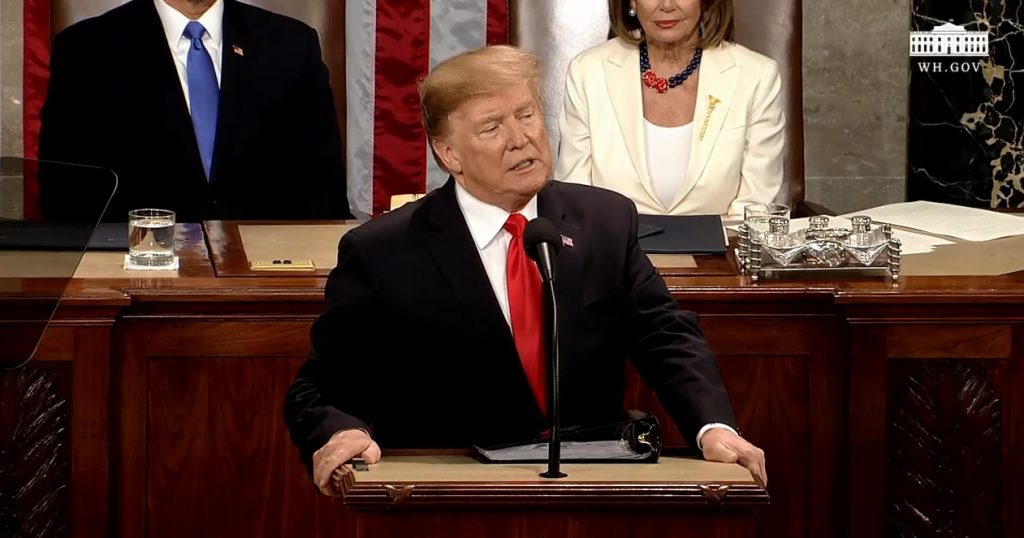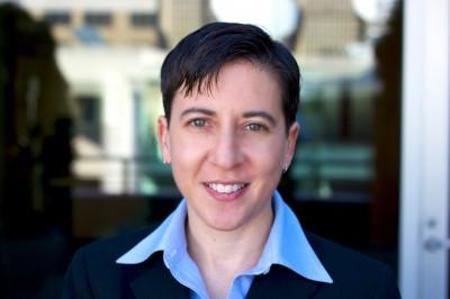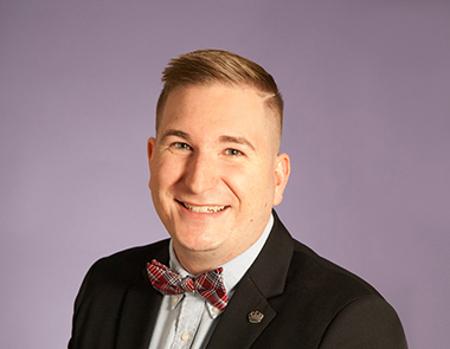Is Trump’s Goal to Eliminate HIV/AIDS Epidemic in Ten Years Possible?
Stephen Henderson speaks with experts and a lawmaker about that goal and the ways we criminalize HIV and AIDS.

In his State of the Union Address, President Trump declared he would lead his administration to eliminate the HIV epidemic in the United States within 10 years.
No doubt, the nation has made tremendous strides in the fight against the disease, but the Centers for Disease Control has reported the rate of decrease in new infections recently plateaued — and for some populations, they’re going up.
Is the goal of reducing new infections by 90 percent by 2030 feasible?
Or is this just politics?
Jennifer Kates is vice president and director of global health and HIV policy with the Kaiser Family Foundation. Kates oversees the Kaiser Family Foundation’s policy analysis for the U.S. government’s role in global and domestic HIV epidemics. She tracks U.S. HIV programming, funding, and key trends.
Trevor Hoppe is the author of “Punishing Disease: HIV and the Criminalization of Sickness,” as well as “The War on Sex.” He’s also an assistant professor of sociology at UNC-Greensboro. He talks about the “punitive and coercive responses to HIV and the implications these developments have for law, public health, and social justice.”
State Rep. Jon Hoadley (D-Kalamazoo) sponsored new laws meant to modernize Michigan’s HIV and AIDS laws. Among other things, the laws remove the penalty for an HIV positive person whose viral load is suppressed through treatment from a physician.
Kates, Hoppe, and Hoadley join Detroit Today with Stephen Henderson to talk about these issues.
Click on the audio player above to hear those conversations.



